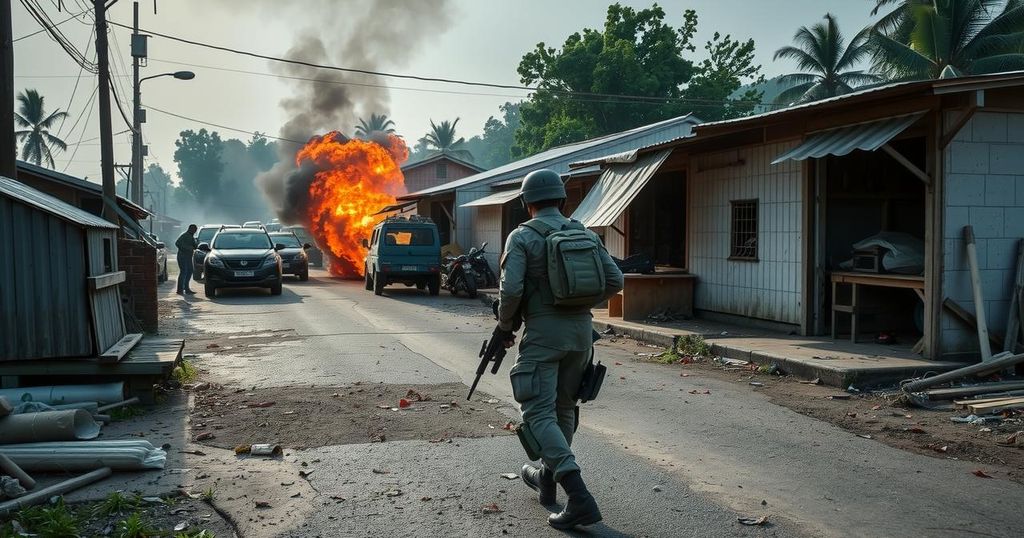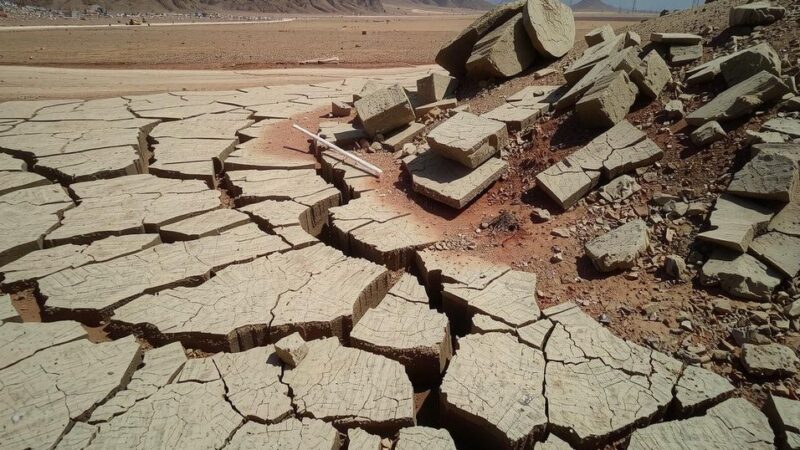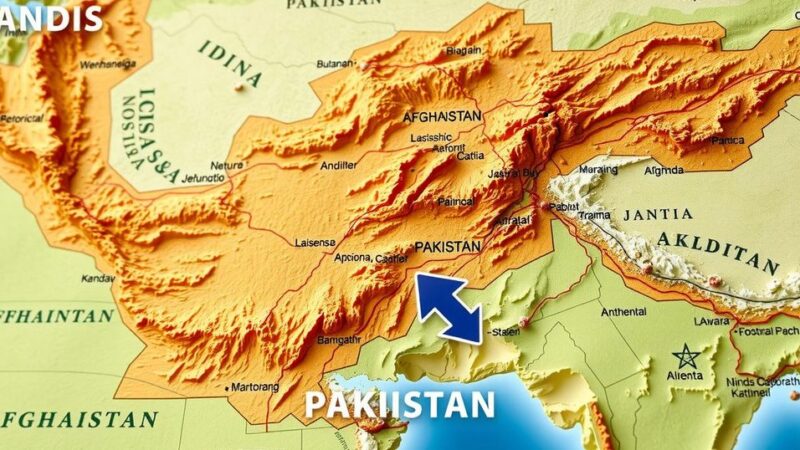M23 rebels have seized the town of Masisi in eastern DRC, escalating tensions in the region. The Tutsi-led group, alleged to be backed by Rwanda, has intensified fighting despite ceasefire agreements, with significant humanitarian implications for the displaced population. A governmental effort to reassert authority over the region is underway, but ongoing conflict raises serious concerns about stability.
In a recent escalation of conflict, Rwanda-backed M23 rebels have taken control of the key town of Masisi in eastern Democratic Republic of Congo (DRC), approximately 80 kilometers from the provincial capital, Goma. This surprise seizure raises significant concerns, particularly as the M23 group, which is Tutsi-led, has renewed its insurgency efforts since 2022. The DRC government, along with the United Nations, accuses Rwanda of providing military support to M23, an allegation that Rwanda disputes by claiming it has acted in self-defense.
Local political representatives, including Alexis Bahunga, a member of the provincial parliament, indicated that the government intends to essentially restore governance in the area. An army representative declined to provide further details. Corneille Nangaa, head of the Congo River Alliance, confirmed that rebel forces had reached the center of Masisi, compounding fears of further conflict despite existing ceasefire agreements.
This recent territorial capture highlights the fragile peace in the region, where fighting has surged and resulted in the displacement of over 1.9 million individuals. The postponement of high-level discussions between Congolese and Rwandan leadership has intensified concerns over the ongoing violence. An international official operating in Masisi reported that local staff are currently in distress, unable to continue their work as businesses remain shut, making supply acquisition difficult.
Consequently, uncertainty reigns in Masisi, and stakeholders are anxious about potential counteroffensive actions from Congolese forces, complicating the humanitarian situation further.
The M23 group’s resurgence in eastern DRC has roots in longstanding ethnic tensions and political instability in the region. Having originally emerged in 2012, the Tutsi-led M23 has been implicated in various human rights violations during its prior operations. The current involvement of Rwanda, which the Congo government and the UN allege provides support to the rebels, adds complexity to the conflict. As peace processes have faltered, significant humanitarian challenges have ensued, with millions displaced as a consequence. The political and military dynamics within the region continue to evolve sharply, requiring close observation and international engagement.
In conclusion, the recent capture of Masisi by M23 rebels underscores the frail stability in eastern DRC and paints a grim picture of ongoing conflict exacerbated by foreign involvement and a failing ceasefire. With the ongoing violence leading to displacement and humanitarian crises, the need for effective dialogue and conflict resolution is urgent. The situation in Masisi exemplifies the broader challenges facing the DRC and highlights the necessity for international attention to prevent further deterioration.
Original Source: www.voanews.com







